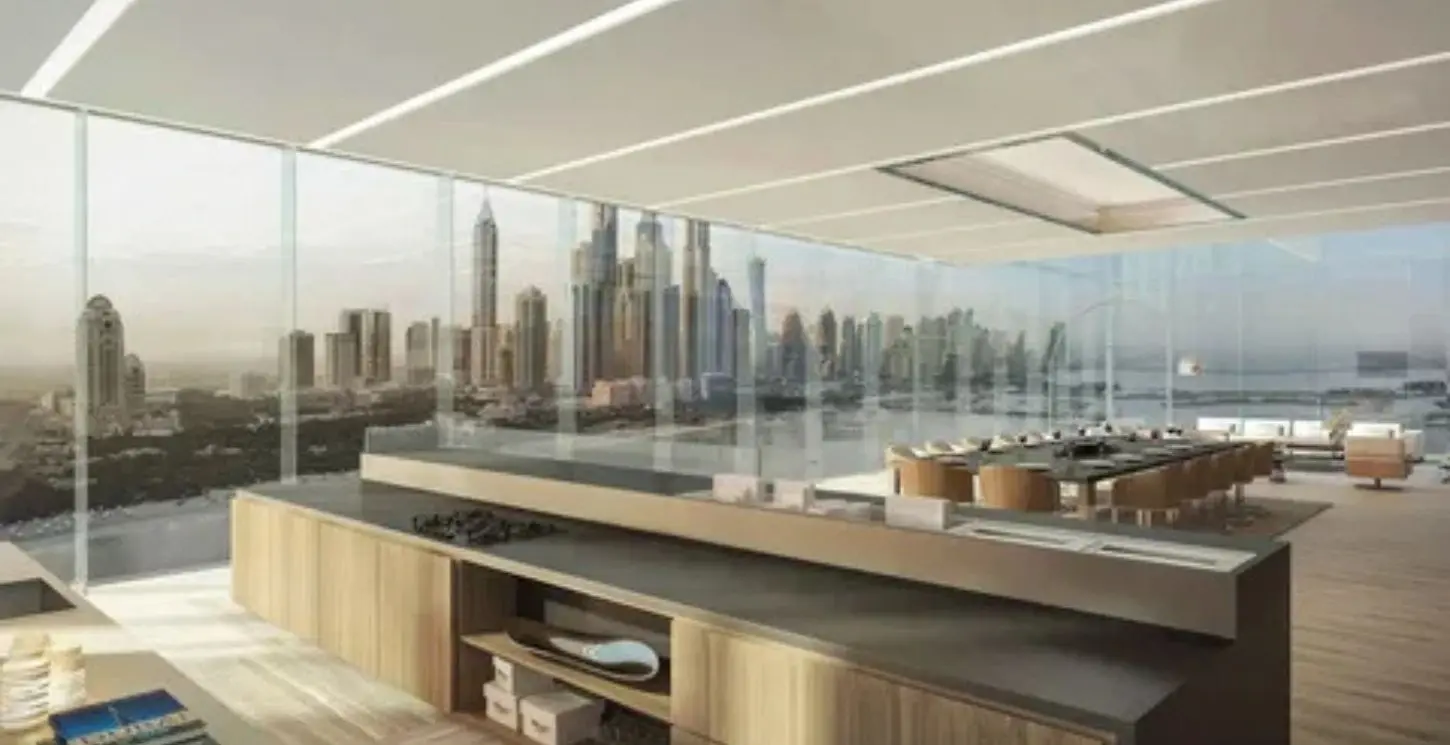Renovating an apartment in Dubai is an exhilarating journey, but it can also be a complex one. The aesthetic transformation is always rewarding, but many property owners get sideswiped by costs that were not on the original quote.

Renovating an apartment in Dubai is an exhilarating journey, but it can also be a complex one. The aesthetic transformation is always rewarding, but many property owners get sideswiped by costs that were not on the original quote. These additional (hidden) costs can result in budget overruns, delays in approvals, and unexpected compromises.
This guide exposes the not-so-obvious components that influence apartment renovation cost in Dubai, so you can plan better to avoid expensive surprises.
Even the best-planned updates can fall apart because of unexpected costs. Here's a breakdown of the surprise expenses you'll likely encounter, and how Haifa Renov8 puts you ahead of the game.
Unlike villas, apartment renovations in Dubai require more than just municipality approvals. Every tower or community has its own guidelines, timelines, and approval frameworks, often enforced strictly.
Hidden Costs Include:
Failing to factor in these fees can skew your renovation cost in Dubai significantly.
High-rise apartments come with logistical constraints. Work is often limited to specific hours to maintain the building’s living standards and safety protocols.
Hidden Costs Include:
Even delays due to elevator unavailability can have knock-on effects, especially if your contractor is working on a fixed timeline.
A No Objection Certificate (NOC) from the building management or developer is non-negotiable. However, few owners realise the domino effect this has.
Hidden Costs Include:
These approvals are not only time-intensive but often come with professional fees that weren’t part of your original contractor quote.
In occupied residential towers, noise and cleanliness are under scrutiny.
Hidden Costs Include:
Ignoring these standards can result in fines that exceed hundreds or even thousands of dirhams.
Some renovation phases demand temporary setups to keep utilities running or to maintain minimum safety.
Hidden Costs Include:
Such safety-related measures are necessary but rarely discussed upfront.
Apartments may appear standardised, but what lies behind walls, ceilings, or floors often surprises even experienced renovators.
Hidden Costs Include:
Such issues often surface after demolition begins, altering both timelines and your apartment renovation cost in Dubai.
Materials need to be stored securely, especially in multi-phase projects or when elevator scheduling is limited.
Hidden Costs Include:
Without contingency planning, these operational gaps can add up.
As the project evolves, so do homeowner preferences. This often leads to upgrades or last-minute changes.
Hidden Costs Include:
Such additions can inflate the renovation cost in Dubai by 15–20% or more.
Apartment renovations in Dubai are layered and regulated. While surface-level budgeting gives you a start, the real preparedness comes from anticipating the hidden layers. At Haifa RENOV8, we believe in full transparency from day one.
We don’t just build beautiful interiors, we guide you through the entire ecosystem of permissions, approvals, logistics, and technical integration. So your apartment renovation cost in Dubai remains clear, controlled, and aligned with your goals.
Considering a transformation? Let’s walk you through every detail, planned, priced, and precisely executed.
The apartment renovation cost in Dubai generally starts from AED 400 per square foot and can go significantly higher depending on finishes, design complexity, material choices, and structural changes required.
Yes, even for minor works like painting or changing fixtures, most buildings in Dubai require a No Objection Certificate (NOC) from the management or developer, especially in high-end residential communities.
Apartment renovations in Dubai usually take between 3 to 12 weeks. The timeline depends on the renovation scope, building restrictions, material availability, and how quickly approvals and permits are secured.
It’s not advisable to live in your apartment during renovation due to constant noise, dust, and limited access. Full renovations often require vacating the space for safety and project efficiency.
To avoid unexpected expenses, work with trusted experts like Haifa RENOV8 who provide detailed BOQs, handle all approvals, and transparently include all possible hidden renovation costs in Dubai upfront.